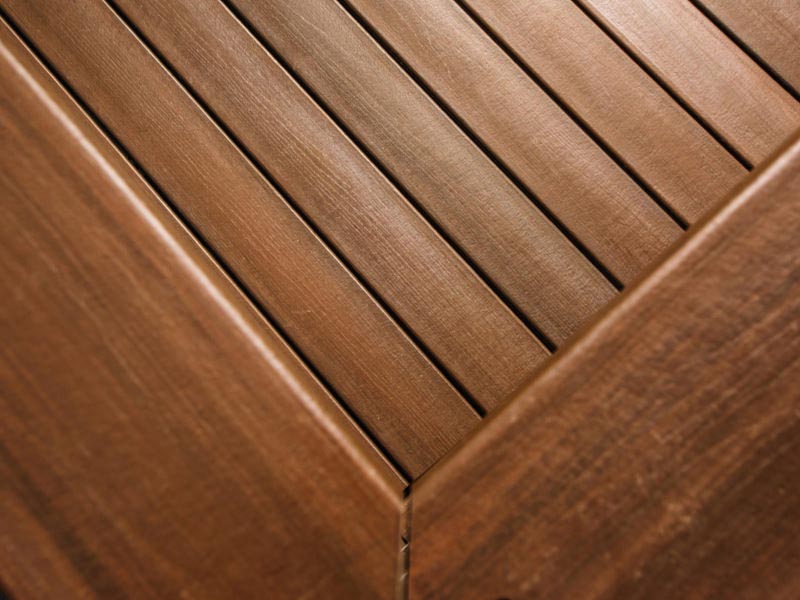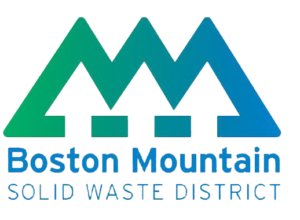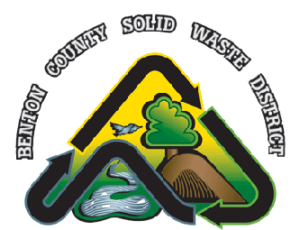At first glance, we might think other living things sure waste a lot. Trees each year make countless flowers and leaves only to drop them all to the ground a few weeks or months later, and other plants and critters throw around seeds, shells and spores left and right.
But of course nothing really is wasted. Nature’s leftovers become food and support for the ecosystem around them. Life’s building blocks cycle through plant, animal, fungi and microbe. Not even rock is immune to recycling.
NWA Recycles’ guiding vision is to make the economy of Northwest Arkansas more like this – in other words, more circular. In a circular economy, the materials that flow into products and services you use every day are then re-collected, reused and remade.
Our local economy, on the whole, is linear. We buy things, use things, throw things away in the trash, and that stuff’s useful life ends. But that’s not always the case. Several smaller circular economies have already taken root.
In our NWA’s Circular Economies series, we’ll highlight examples of local businesses and initiatives that not only collect recyclable materials but also put them to use here in Northwest Arkansas.
MoistureShield
With facilities in Lowell and Springdale, this company makes durable composite decking with a mixture of plastic and sawdust that is more than 95% recycled material.
The plastic comes from flexible films through post-consumer and post-industrial streams, including commercial distribution facilities and grocery stores. Films like packaging for online shopping and plastic shopping bags are a challenging kind of plastic for many programs to recycle because they need to be clean and available in large amounts, and they can get tangled in sorting equipment. Many NWA public recycling programs don’t take them.
MoistureShield gets the needed volume and quality by gathering plastic both from around the country and nearby, including from Pack Rat Outdoor Center in Fayetteville, which collects plastic film from merchandise packaging.
Once at the Lowell facility, the plastic is sorted, pulverized and densified, then mixed with wood shavings from several saw mills along with colorant and other ingredients that are heated and extruded into deck and fascia boards. Those boards can be used for decks, docks and other building projects. They’re sold around the U.S. and Europe, including by multiple NWA vendors.
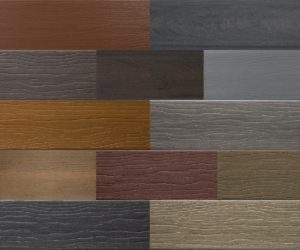
Photo courtesy of MoistureShield
MoistureShield’s emphasis on recycling extends throughout its operations. Boards that don’t meet specifications are re-processed into small pieces for remanufacturing, for example. And solvents, plastic strapping, pallets and other materials throughout the facilities are also recycled.
You can learn more at the company’s website.
How can I recycle plastic bags?
Grocery stores such as Walmart and Harps have plastic bag receptacles near the front door at many of their locations. Recycling drop-offs in Goshen and Prairie Grove also accept bags; click each town’s name for times and places.


